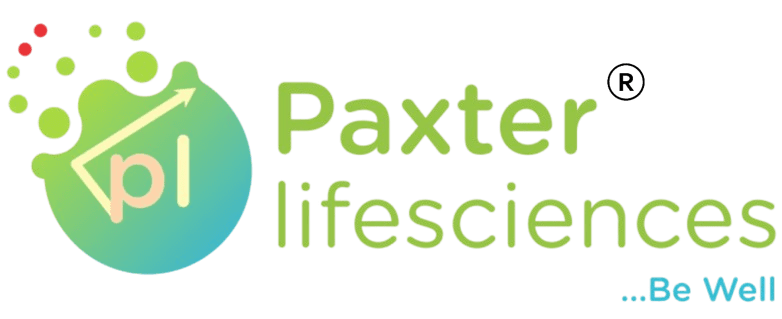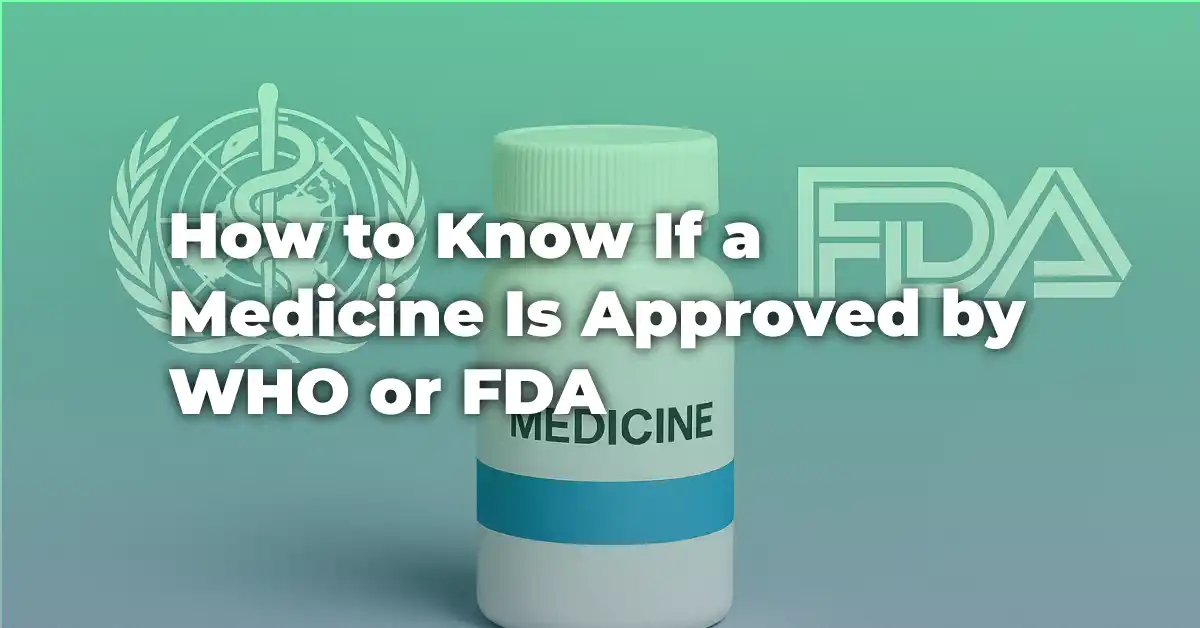Why Approval Is a Lifesaver and Not a Label
None of us want to trust the medicines we take. But let’s face it—there’s a lot of noise out there, from online pharmacies to imported drugs and new brands popping up constantly—and it’s easy to wonder: Is this medicine really safe? That’s where organizations like the WHO and the FDA come in. They play a major role in the establishment of global standards for safety, quality, and effectiveness.
In the following article, we will demythify the fact as to how much a medicine is approved by WHO or FDA so that you can feel a little more positive about what you take-or prescribe.
Why WHO and FDA Approval Matters
Hold the javelin, though-how will it go into the use of the how later? WHO and FDA approval will ensure the following: The medicine has been subjected to rigorous safety and efficacy tests and has passed certification.
It has passed the manufacturing and strict quality control standards.
It has been scientifically peer-reviewed by top experts in the regulatory field.
So it is indeed a huge green flag. Knowing how to tell whether the medicine is approved by WHO or FDA will certainly save someone from getting counterfeit or substandard drugs.
How to Check If a Medicine Is WHO Approved
The WHO does not endorse all medicines, however it does have a sort of list called WHO Prequalification Program; this has very much to do with medicines related to high-priority diseases like HIV, TB, malaria, reproductive health, and the like.
To check: Visit WHO Prequalified Medicines List Search by product name, manufacturer or therapeutic category Confirm product status, date of approval, and WHO reference number If it’s in that list, it has passed scrutiny and has been deemed safe for global use, especially in public health programs.
How Can One Check Whether One Drug Is FDA Approved
The FDA approval includes the drugs published in the United States, but more often than not, its used as a global reference.
To check: Visit the FDA Drugs@FDA Database Enter the brand or generic name See approval history, label drugs, and manufacturer details This is one of the critical ways on how to know if medicine is approved by WHO or FDA, especially if you get or import such medications from U.S.-based suppliers.
How Does It Matter for India? DCGI Is Important Too
The local approval given by DCGI (Drug Controller General of India) is what makes medicines sold in India legal and safe to be marketed.
A drug can thus be WHO or FDA approved, but it becomes completely credible to the global populace only after being cleared locally. Local regulation is then required. Some Indian pharma brands also seek WHO or FDA approval for purposes like international exports, tenders, or public sector contracts.
So, if you want to ask how to know if a medicine is approved by WHO or FDA, check its local registration status as well.
Conclusion: Sanctions Stand for Guarantees-Don’t Forget about Verification
In the increasingly speedier world of medicines, it is worthy to query, every time, whether a certain medicine is approved by WHO or by FDA.
Five minutes spent in research can keep you away from unsafe products and build patient trust while benefiting your work from the highest standards of care.
Contact Us : https://paxterlifesciences.com/
Follow Us : https://www.instagram.com/paxter_lifesciences/






